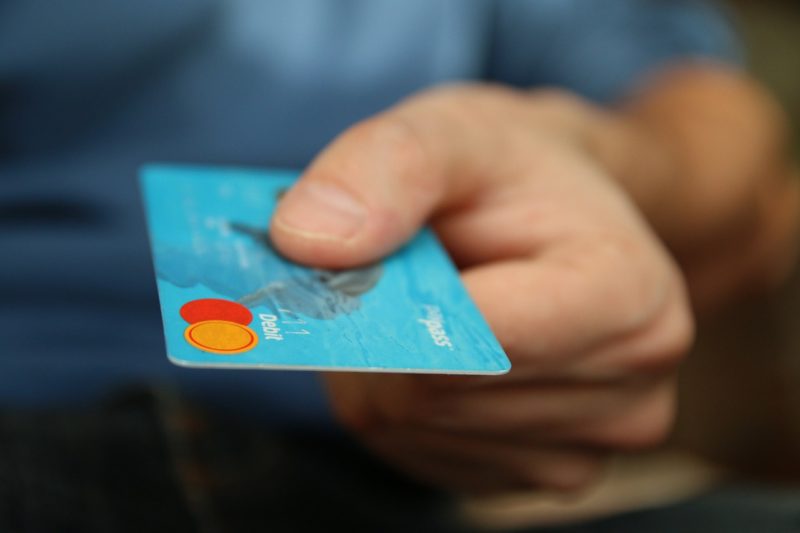It’s so easy to earn points these days, but often those points have a cost. For example, that could be due to a surcharge to pay a bill with a credit card to earn points, or paying a little extra to shop with a specific retailer, or another factor, like the time and effort required.
Many people refuse to pay extra to earn points, but that could be a mistake. If you want to travel more (or better) you should be actively considering opportunities to earn points at a cost, so long as it’s a good deal.
So, how do you work out if you’re getting a good deal? You make sure to pay no more than what the points are worth to you (easy!).
The value of a points redemption
The first thing you need to figure out is how you’ll use your points and what the value of that redemption is.
I like to think about it in terms of actual dollars and cents.
For example, a $100 David Jones gift voucher has $100 of value, so if you redeem 19,100 Qantas Points for it (the current price), you receive 0.52 cents of value per point (i.e. $100/19,100 = $0.0052).
It’s a bit trickier working out the value of a flight booking or upgrade. You could simply consider what you usually pay for that fare, though this is a bit misleading because prices change all the time and there are a range of restrictions and inconveniences to consider with award bookings.
Another way to approach this is to ask yourself what that flight or upgrade is worth to you subjectively. For example, I fly between Melbourne and Perth regularly with Qantas, paying on average around $300 for a sale fare and upgrading to business class for 27,200 points.
A business class fare between Perth and Melbourne costs anywhere between $1300 (on sale) to $2500 one way. But I wouldn’t say my points upgrade is worth the price difference ($1000 to $2200) since I won’t earn the full status credits or points, there’s the inconvenience of applying for and securing an upgrade, and I wouldn’t travel in business class if I had to pay for it, so the points aren’t saving me any money – it’s just a nice bonus.
So how much do I value this redemption? My subjective view is that it’s worth around $500. You may think that’s a bit low (or high), but that’s OK – this exercise has to be subjective.
Using the $500 figure, spending 27,200 points gives me 1.8 cents of value per point ($500/27,200 = $0.018), which is more than triple the value you get with gift vouchers.

Flying business class with Qantas can be a great use of points
You’ll get a lot less value flying in economy compared to business or first class. For example, travelling from Melbourne to Perth with Qantas in economy costs 18,000 points plus $39. I’d value that redemption at $250, which means the value per point is only 1.2 cents per point.
The cost of a point
Once you have a plan for how you’ll use your points, it’s easy to figure out how much you should pay for them: less than they value you’ll get (or, if you want a really good deal, a lot less)!
Since I find it very easy to earn points, my threshold is very low: I won’t pay more than 0.6 cents for them. That’s about a third of their value when I redeem them.
You can adjust this up or down according to your preferences.
The cost of a point is often obvious, such as a credit card surcharge or a higher price for an item from a specific seller. For example, paying a $10 credit card surcharge to earn 1,000 points means the cost is 1 cent per point.
If you spend significant time or effort, you can bump up the cost a bit (again, this is very subjective).
Summing up
The cost and value of a point will vary substantially between different reward programs, but using the principles above, you should be able calculate the relevant figures.
Aim to pay no more than what the points are worth to you, and if you find it easy to earn points, pay a lot less.
Generally, you’ll get the most value using points for business or first class flights. Even economy flights are a better deal than other redemptions, like gift vouchers.
The bottom line is this: don’t dismiss opportunities to earn points just because there’s an extra cost. Work out if there’s value in it for you and then, if you’re comfortable, pull the trigger.
To get tips like this delivered straight to your inbox, subscribe to our newsletter:

